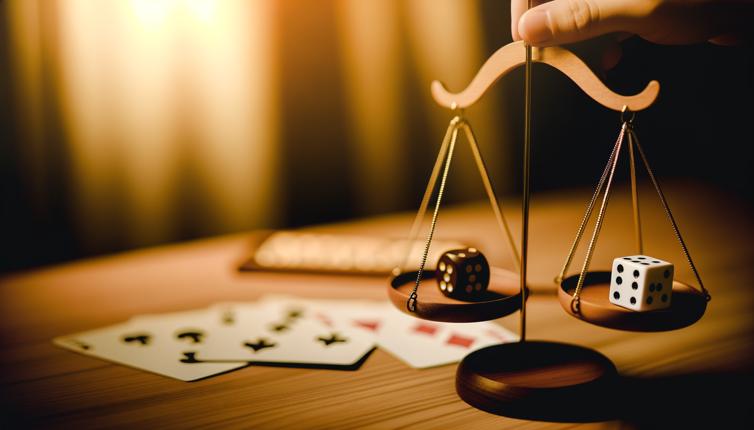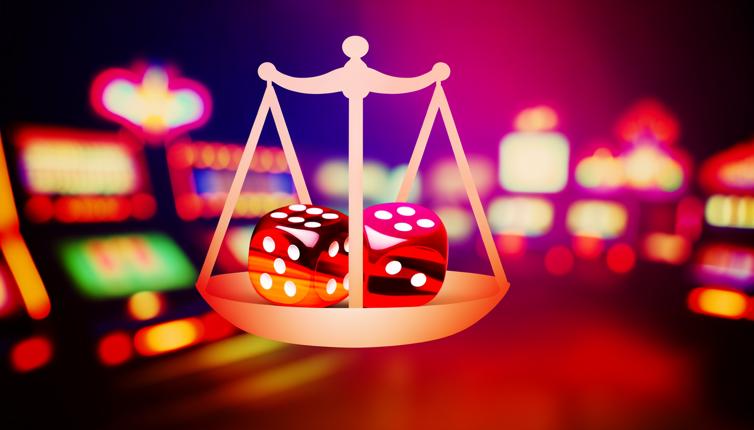The Thrill of Uncertainty
One of the key aspects of gambling that appeals to many people is the element of uncertainty. When playing a game of chance, the outcome is unpredictable, and this unpredictability creates a sense of thrill and excitement. The human brain is wired to seek novelty and stimulation, and gambling provides a unique opportunity to experience this thrill.,The anticipation of winning or losing, the adrenaline rush during gameplay, and the suspense of waiting for the results all contribute to the excitement associated with gambling. The element of uncertainty triggers the brain's reward system, releasing dopamine, a neurotransmitter associated with pleasure and motivation. This dopamine release reinforces the behavior, making the individual more likely to engage in gambling activities again.,In addition to the thrill of uncertainty, the potential for a significant financial reward also drives individuals to take risks in gambling. The prospect of winning a large sum of money can be incredibly enticing, and many people are willing to take a chance in the hopes of hitting the jackpot. This desire for financial gain can override rational thinking and push individuals to engage in risky gambling behavior.
Escape and Emotional Regulation
Another psychological factor that drives people to gamble is the desire for escape and emotional regulation. For some individuals, gambling provides a temporary escape from everyday life and its challenges. It offers a break from stress, worries, and responsibilities, allowing the person to immerse themselves in the game and forget about their problems temporarily.,Moreover, gambling can serve as a means of emotional regulation, providing a way to cope with negative emotions such as boredom, sadness, or loneliness. It can offer a distraction and provide a short-term mood boost, as the excitement and anticipation associated with gambling can temporarily alleviate negative feelings.,However, it's important to note that using gambling as a coping mechanism can be problematic, as it can lead to the development of unhealthy gambling habits and addiction. For individuals who struggle with regulating their emotions or have underlying mental health issues, gambling can become a maladaptive coping strategy.
Social and Peer Influence
Humans are social beings, and the social aspect of gambling can play a significant role in why people take risks. Engaging in gambling activities with others can create a sense of camaraderie and bonding, as individuals share the excitement and experience together.,Furthermore, social norms and peer influence can also contribute to gambling behavior. If an individual's social circle engages in gambling regularly, it can increase the likelihood of that person participating as well. The desire to fit in, be accepted, and engage in shared activities can override personal reservations or rational decision-making.,In some cases, individuals may also engage in gambling as a way to impress others or gain social status. The ability to take risks and potentially win big can be seen as attractive or impressive, leading individuals to participate in gambling activities for social recognition.
Conclusion
The psychology of gambling is a complex and fascinating area of study. While individual motivations for taking risks and engaging in gambling activities may vary, the thrill of uncertainty, the desire for escape and emotional regulation, and social and peer influence are common factors that contribute to the allure of gambling. Understanding these underlying psychological factors can help individuals make informed decisions and develop a healthier relationship with gambling.









